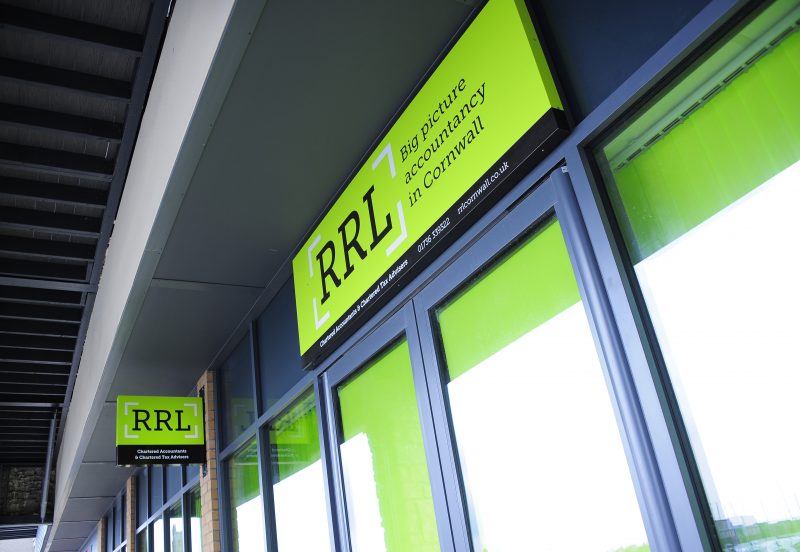

Keeping control
Taking financial stock at least once a year is never a bad thing. But what are the areas that should be taken into consideration?
Let’s get the easy one out of the way first. It comes round every year and always brings that inevitable sigh and verbal response. Those tax returns! Remember the deadline for submissions is 31st January 2022.
Next on the list comes Income Splitting. For married and civil partners this means maximising your tax savings by structuring your affairs to ensure that you both use your personal allowances and basic rate tax bands (where applicable) – being £12,570 and £50,270 respectively. Sitting alongside this consideration is whether you have used your basic-rate band and £2K dividend allowances? The cash does not need to be paid out of a limited company; the company just needs to have available reserves.
Now onto pensions – always worthy of a review even though that day of putting up your feet up and sitting back may be a distant reality. Check whether you have utilised your annual allowance in the year, and whether you should seek to make use of any unused annual allowances from the previous three years. Pensions are incredibly useful for inheritance tax planning purposes too. For those intending to pass on your pensions savings check you can achieve your intention with a pension provider, and if so, check you have adequately completed a nomination form, and seek advice as to whether a trust should be used to achieve those objectives.
For those running a limited company structuring your investments through the business has the potential to significantly reduce your liabilities. With corporation tax rates currently at 19%, and only increasing to between 19% – 25% from April 2023, the potential advantages of holding income-producing assets in a limited company, rather than as an individual, are significant in the relevant circumstances. It is also worth mentioning one other tax area that falls within the gamut of running a company – VAT. If your business is voluntarily registered for VAT, make sure you are ready for ‘Making Tax Digital’ for VAT. This comes into effect from April 2022.
Owning a non-residential property is an effective way of generating an income but it obviously comes with its own special mulct – Capital Gains Tax. Given the proximity to the tax year-end, if you are considering making disposals of non-residential property assets, it would be prudent to consider delaying exchange of contracts (the tax point) until the new tax year. By delaying the associated tax payment by a year, you would benefit your cash flow. Are you exempt perhaps? Have you made use of your 2021/22 capital gains annual exemption? Additionally, if you have brought forward capital losses, consider making sales to utilise these. Also, review whether any assets deemed to be of negligible value i.e. became worthless since their acquisition. If so, a capital loss (or even loss deductible against your taxable income in the right circumstances) could be claimed.
Penultimately, there’s Inheritance Tax and Estate Planning. With your changing circumstances it is worth taking a look at your current exposure to inheritance tax and review whether any lifetime planning should be undertaken. More and more estates are becoming exposed to inheritance tax; which leads to that old chestnut – the Will. Research carried out by the Just Group shows that more than one in 10 over 75s (12 per cent – equating to nearly 700,000 people) have not made one. If you fall into this category than as part of your financial review it may be worth considering making one.
Finally, as important as the Will is, the Lasting Powers of Attorney are certainly just as vital for future assurance. This is to cover your position should you lose cognitive mental capacity during your lifetime – particularly when you have dependants.
And so, if you do nothing else, download RRL’s new free tax app to stay up-to-date with all things tax related!
RRL Cornwall






